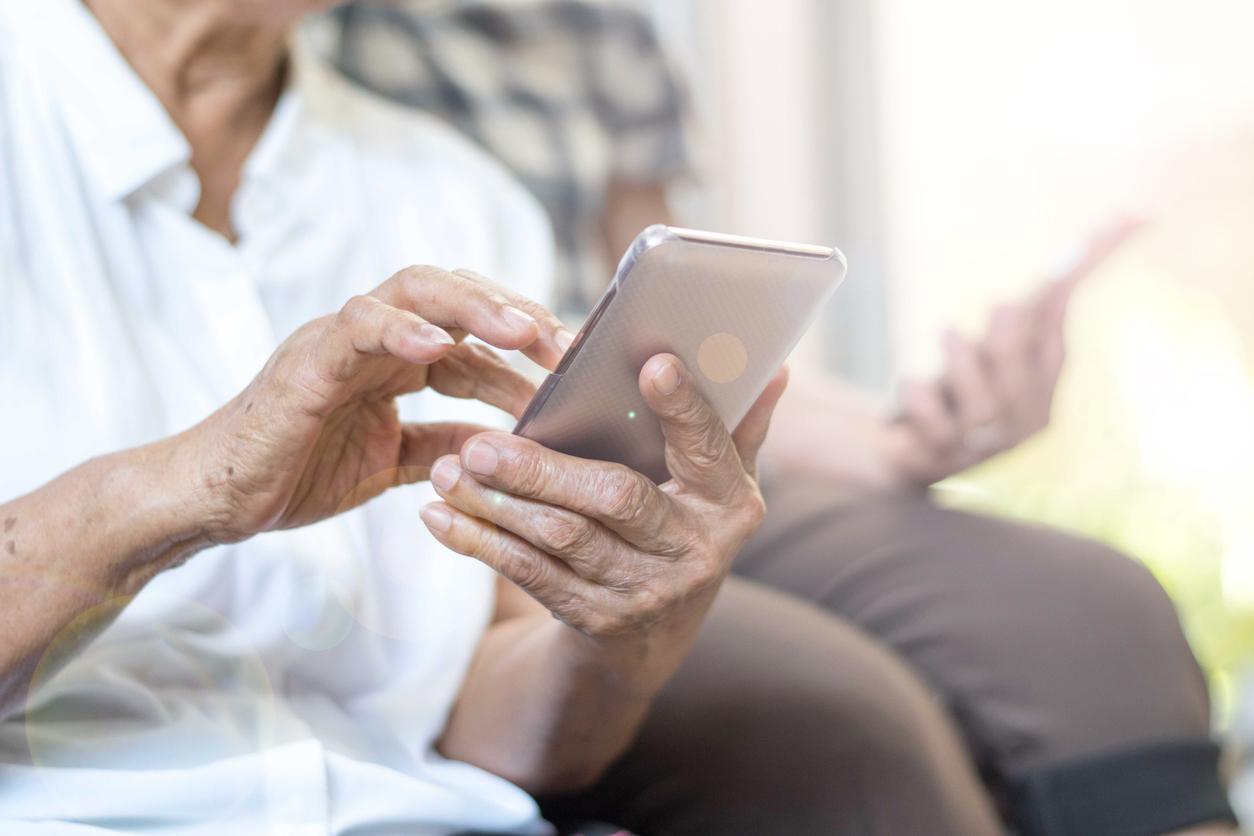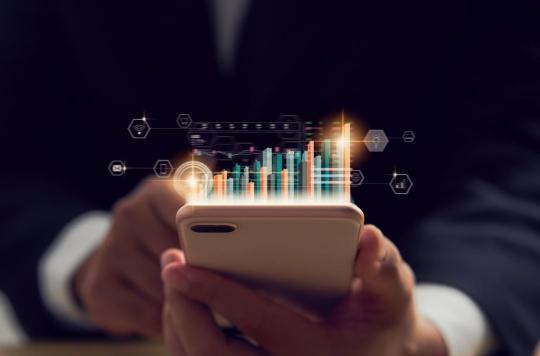Contrary to popular belief, the use of the smartphone could improve our ability to memorize, according to a study.

- The results of the study revealed that participants who had used a digital device to store information had an 18 to 27% greater memory capacity than those who had not used one.
- There are three phases in the memorization process: encoding (the information is received and processed by the brain: is it tactile, visual, gustatory, etc.), storage (the encoded information is “stored” to last over time) and, finally, recall (the stored information is retrieved to be memorized in the long term), which will consolidate memorization.
Neuroscientists have until now thought that overusing a smartphone makes us lazy or more prone to forgetting, even to the point of promoting what is called a “digital dementiaBut according to a new study, it may actually improve our memory skills.
“External memory”
According to a team of researchers from University College London (UCL), the use of these telephones, which give all the knowledge just a few clicks away, would in fact make it possible to store the most important information in a kind of “external memory”, and thus free up space in our brain to memorize other, less essential things.
To reach these conclusions, published in the Journal of Experimental Psychology: General, the scientists asked 158 volunteers aged 18 to 71 to perform a memorization exercise with more or less important information to remember. And this, using either only their own memory for the first half of the exercises, or their memory and a digital device for the second half.
18 to 27% better memorization
The results revealed that participants who had used a digital device to store information had an 18-27% greater memory capacity than those who had not. Indeed, when people were allowed to use external memory, the digital device helped them remember the information they had stored on it – hardly surprisingly – but, more surprisingly, the device also improved the memorization of information… not recorded!
“Using the device changed the way people used their memory to store high importance information versus low importance information, explains the study’s lead author, Dr. Sam Gilbert. When people had to remember on their own, they used their ability to remember the most essential information. But when they were able to use the device, they stored very important information in the device and used their own memory for less essential information instead.” And, ultimately, remembered more of both types of information…
Be careful, however, warn the researchers: the risk of the smartphone to store important information is that, if ever it breaks down, “we could end up with nothing but less important information in our own memory” !














